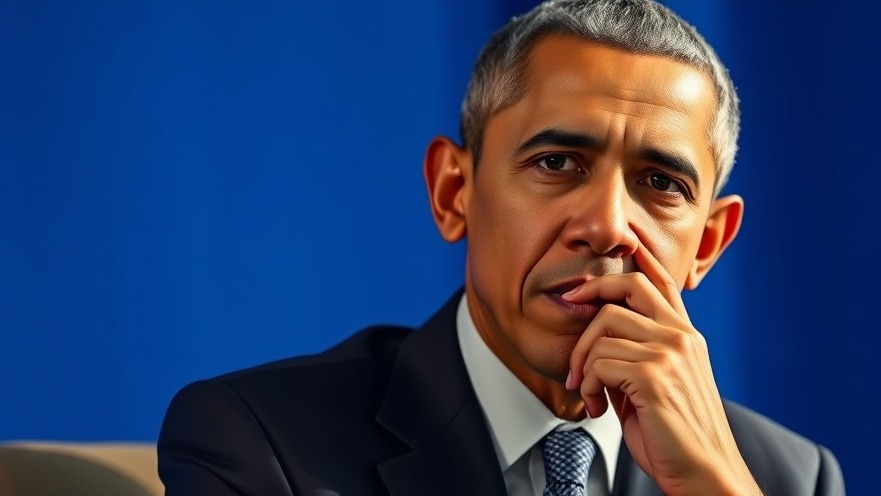
California's Redistricting Battle: What’s at Stake?
As the midterm elections loom, California voters find themselves at the heart of a contentious political battle over redistricting, with significant implications for the state's congressional representation. This November, Californians will decide on Proposition 50, which, if passed, will reshape the state's electoral landscape by allowing the legislature to draw congressional maps, a move that critics say could eliminate several Republican-held seats. This initiative pits former President Barack Obama and Governor Gavin Newsom against the Republican opposition, framing it as a vital struggle to preserve democracy.
Obama's Call to Action
In a recently released advertisement, Obama asserts that "democracy is on the ballot" and urges Californians to vote for Proposition 50, describing it as a measure to stop Republican efforts to "rig the next election." His involvement, alongside Newsom's strategic push, highlights a broader political strategy aimed at capturing more Democratic seats in Congress, especially as Republican-led redistricting efforts in states like Texas have already reshaped the electoral map to their advantage.
The Broader Context: America’s Redistricting Dilemma
The implications of Proposition 50 extend beyond California. The current landscape reflects a national debate over gerrymandering, where political parties manipulate district boundaries to maintain their power. Obama's comments regarding the predominantly Republican-led redistricting in Texas resonate nationwide, as states grapple with fair representation in a polarized political climate. This is not merely a localized issue; it’s an emblem of the national struggle to ensure that all votes carry equal weight.
Counterarguments: Is Fairness Truly Achievable?
Supporters of Proposition 50 argue that it seeks to democratize the redistricting process, granting power to voters rather than allowing partisan interests to dictate electoral outcomes. However, opponents, including notable figures like Arnold Schwarzenegger, contend that switching to a legislature-controlled map could itself lead to unfair manipulation. They argue that the fight against gerrymandering should focus on preserving independent commissions rather than reverting power to politicians.
What's Ahead? Predictions for California's Electoral Landscape
The projected outcome of Proposition 50 is steeped in uncertainty. Polls indicate that 51% of voters may support it, but a significant portion remains undecided. If approved, it could indeed shift the balance of power in Congress, potentially creating more Democratic districts—even as it raises important questions about the fairness and transparency of political processes. As the election nears, high-stakes advertising campaigns and grassroots mobilization efforts will play critical roles in shaping public opinion.
Between the emphasis on drawing equitable lines and the increasing political polarization, California stands poised as a microcosm of larger national trends. For residents in the Kansas City area and beyond, understanding these local dynamics will be crucial as parties increasingly turn to redistricting as a strategic weapon in national elections.
Have Your Voice Heard
The unfolding political drama in California, marked by influential endorsements and significant financial backing for initiatives like Proposition 50, illustrates the power of grassroots movements and the deeply intertwined nature of state and federal politics. Share your thoughts on this evolving situation or reach out for more details about how these developments could shape the future of American democracy. Have a story to share or want to contact us for more details? Drop us an email at team@kansascitythrive.com.
 Add Row
Add Row  Add
Add 




Write A Comment